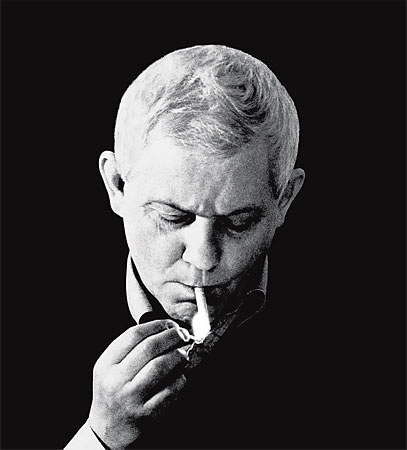towards by Minha Choi
Web Team member Minha Choi shares a poem.
In her bedroom, the four walls nestle us safely away from the space. We start by laying down the pillows on her bed next to each other, side by side. The slight chills cause goosebumps to tiptoe quietly all over me, bits of little little sensations I can feel
and there is nothing in this room except me, her and the in between
facing each other, I stammer something about her being poetry, but really what I meant to say is that her eyes are much larger than mine, approximately, maybe no more than half a centimeter wider, both horizontally and vertically, and the irises, brown and tinged, intersect the eyelid and waterline exactly at one point and nowhere else, and now that I’m closer I can notice how her eyelids fold into many layers and deepen still when they smile in the corners, like I’ve seen on thousands of others that have faced mine, sockets of her eyes sunken so that her nose stands out more in contrast, everything about her face a contrast, a skin darker than mine, a shade of brown that complements the lightness in her eyes, shade of things that I’ve seen in my life - comb patterned earthenware, earl gray milk tea with two seconds of heavy cream, wood furniture from Brewster’s Café, my tan back in 2016 a day after the beach, her smile lines form a parenthesis around her lips when she notices that I’m staring at her features, so I don’t look away when the parenthesis are joined by bigger ones shadowed into a trail, laughter lines that accentuate her softer cheeks, mirrored by the crease between her smile and her chin, all while my hands make their way to her jawline tracing up to her ear, right below a head of thick, cropped hair that fades at the edges and falls around her brows, shaped into a long arch that decorates her face solemnly and charmingly with strands of hair, that face that looks young and old, wanting and waning, casting me a look that I’ve never seen before and always hoped to see more of, a look that mirrors strangers, lovers, families, those faces that I’ve seen somewhere at the end of a space and the beginning of another, which focuses my attention back to her lips, her lips, her lips, thinking about the time when god I wished she was a boy, god I wish those lips were a boy’s so I could kiss her, wishing that I could see her no more than an inch away, instead of from a distance from across the stadium, so that I could see those eyelashes and count them, so that her features won’t be blurred worlds away, so that I could see the whites of her eyes more clearly, the way they showed in the dark like glow in the dark stickers on my childhood bedroom’s ceiling, like childhood like I’ve never experienced before, until she places her hands on my waist, and suddenly I have the urge to close my eyes but I don’t, and instead watch her half lidded and focused and wanting and searching for the hems of my shirt, her hands sliding under the rough edges of a shirt that I’ve worn for so long that I can feel the threads unraveling and undoing, static like small lightning bolts shooting down on every second of my skin that comes in contact with hers, her jaw tense, small lines marked in between her brows like focused exclamation marks, and suddenly the swelling can be felt between my legs and the questions are answered, me and her separated by a sliver of nothing but space, space in between that holds the what ifs and what abouts and what the fuck is happening right now, enclosed by a gentle push from lets say, the wind, and the rest of the effort is focused towards enclosing the endless spaces that seem to appear between her and me, two mouths tilting, an act that can be described as none other than desperate, tried in despair because everything else has failed us, the blissful embarrassment of wondering where my hands should be placed, how my legs should be parted, and despite everything we’ve been through my eyes are open, even when they’re no more than a single fraction away from her eyelids, and so when I lean towards you and you lean towards me, when we towards and towards each other and finally close into one another, is that collision love?

